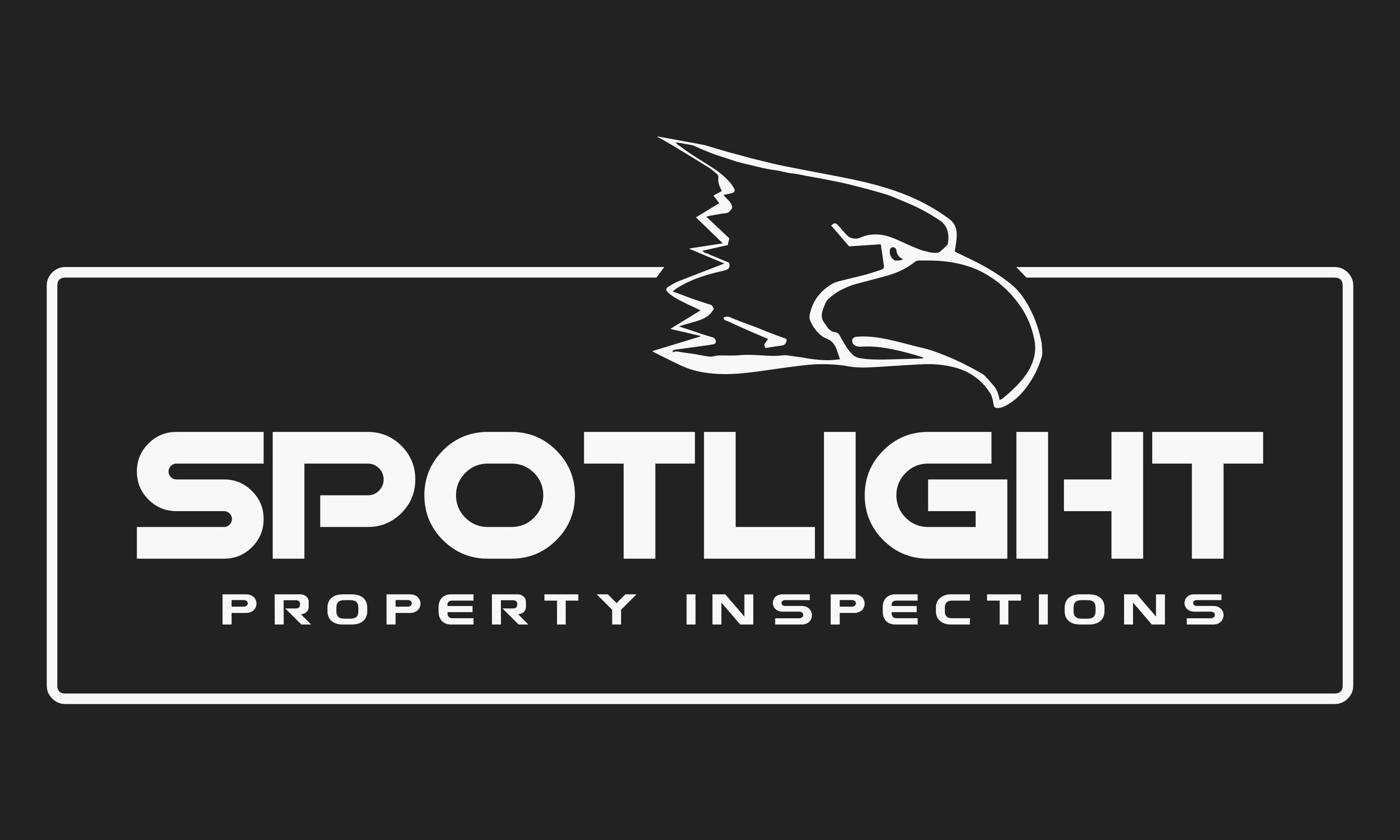The Air You Breathe: How Your HVAC System Affects Your Family’s Health
Your HVAC system does more than keep you comfortable—it controls the air your family breathes every single day. Poor indoor air quality can trigger asthma, cause headaches, worsen allergies, and create an environment where illness spreads more easily. Yet most homeowners treat their heating and cooling system like an appliance that should just work, ignoring its critical role in maintaining a healthy home.
Here’s what many people don’t realize: your HVAC system is constantly circulating air throughout your house, and whatever contaminants exist in that air get spread everywhere. Dirty filters don’t just reduce efficiency—they allow dust, pollen, pet dander, and other particles to recirculate through your living spaces. Over time, these pollutants build up in your ductwork, creating a reservoir of contaminants that gets blown around every time your system runs.
Moisture control is equally important for health. HVAC systems that can’t properly manage humidity create conditions where mold and bacteria thrive. Too much moisture promotes mold growth in hidden areas like ductwork and around vents. Too little moisture dries out respiratory passages, possibly making your family more susceptible to infections and respiratory irritation.
Ductwork problems compound these issues. Leaky ducts can pull contaminated air from crawl spaces, basements, or attics—areas that might contain mold spores, dust, or even carbon monoxide—and distribute it throughout your home. Poorly sealed ducts also allow conditioned air to escape, making your system work harder while failing to maintain consistent temperatures and humidity levels.
Regular maintenance isn’t just about preventing expensive repairs—it’s about protecting your family’s health. Clean filters, sealed ductwork, and properly functioning equipment mean cleaner air and a healthier living environment.
Before HVAC problems affect your family’s well-being, get a professional assessment. A qualified home inspector can evaluate your system’s overall and general performance and could identify problems that may impact indoor air quality.
The International Association of Certified Home Inspectors (InterNACHI®) trains inspectors to recognize HVAC problems that can affect health and comfort.
For a check on your home’s heating and cooling systems, contact your local InterNACHI® certified home inspector.
Clean air isn’t a luxury—it’s essential for your family’s health and quality of life.
Your HVAC system does more than keep you comfortable—it controls the air your family breathes every single day. Poor indoor air quality can trigger asthma, cause headaches, worsen allergies, and create an environment where illness spreads more easily. Yet most homeowners treat their heating and cooling system like an appliance that should just work, ignoring its critical role in maintaining a healthy home.
Here’s what many people don’t realize: your HVAC system is constantly circulating air throughout your house, and whatever contaminants exist in that air get spread everywhere. Dirty filters don’t just reduce efficiency—they allow dust, pollen, pet dander, and other particles to recirculate through your living spaces. Over time, these pollutants build up in your ductwork, creating a reservoir of contaminants that gets blown around every time your system runs.
Moisture control is equally important for health. HVAC systems that can’t properly manage humidity create conditions where mold and bacteria thrive. Too much moisture promotes mold growth in hidden areas like ductwork and around vents. Too little moisture dries out respiratory passages, possibly making your family more susceptible to infections and respiratory irritation.
Ductwork problems compound these issues. Leaky ducts can pull contaminated air from crawl spaces, basements, or attics—areas that might contain mold spores, dust, or even carbon monoxide—and distribute it throughout your home. Poorly sealed ducts also allow conditioned air to escape, making your system work harder while failing to maintain consistent temperatures and humidity levels.
Regular maintenance isn’t just about preventing expensive repairs—it’s about protecting your family’s health. Clean filters, sealed ductwork, and properly functioning equipment mean cleaner air and a healthier living environment.
Before HVAC problems affect your family’s well-being, get a professional assessment. A qualified home inspector can evaluate your system’s overall and general performance and could identify problems that may impact indoor air quality.
The International Association of Certified Home Inspectors (InterNACHI®) trains inspectors to recognize HVAC problems that can affect health and comfort.
For a check on your home’s heating and cooling systems, contact your local InterNACHI® certified home inspector.
Clean air isn’t a luxury—it’s essential for your family’s health and quality of life.
